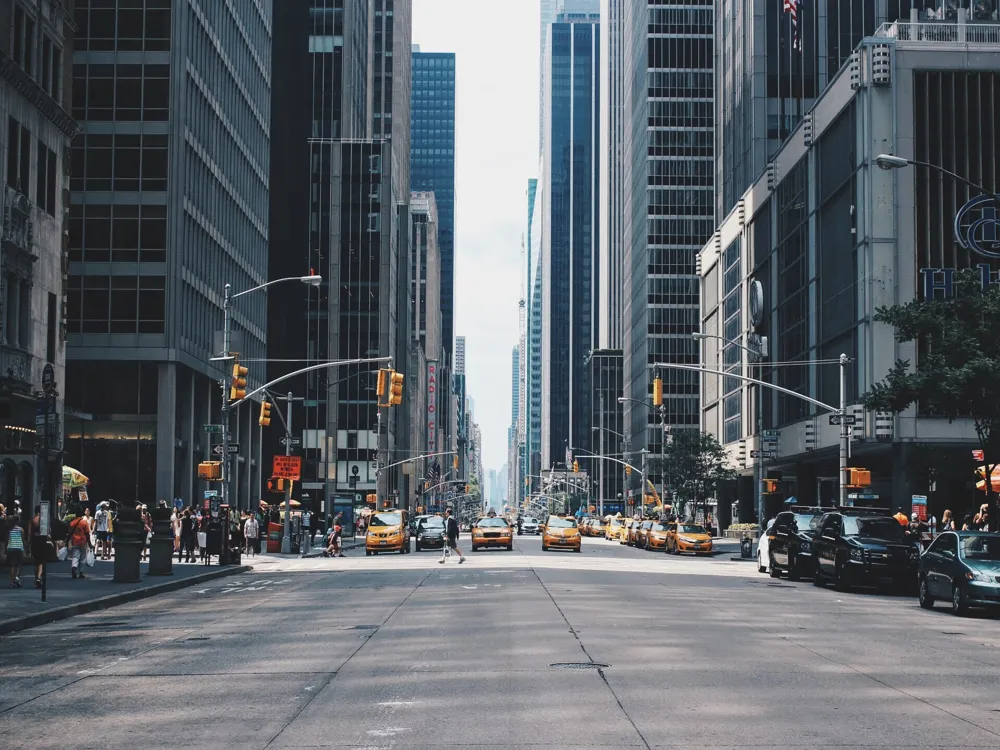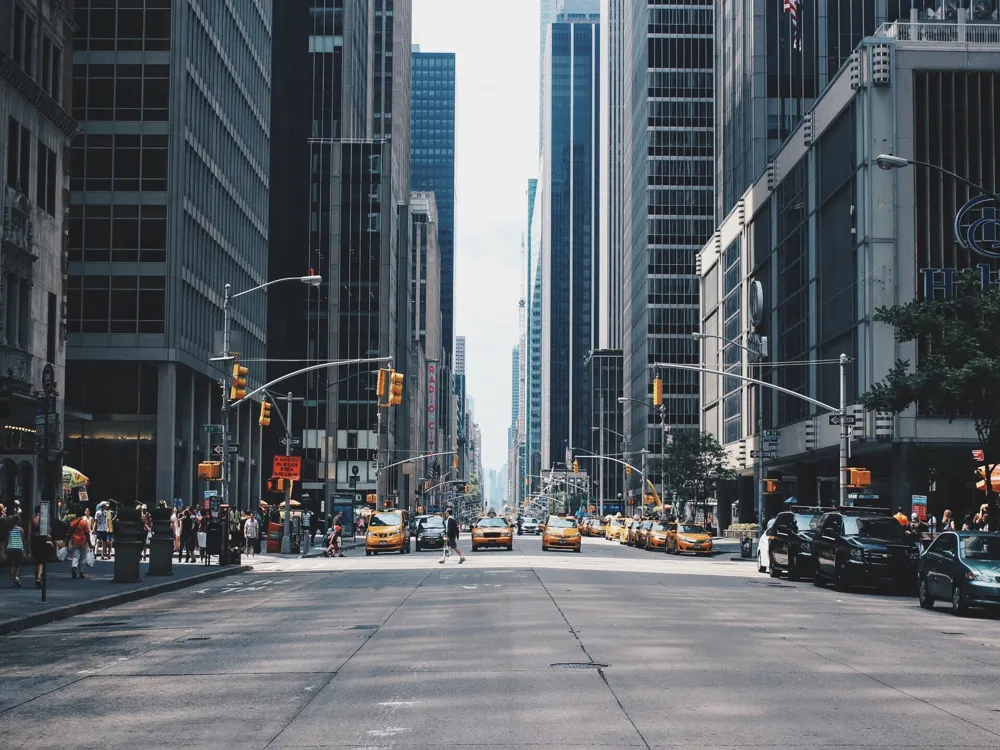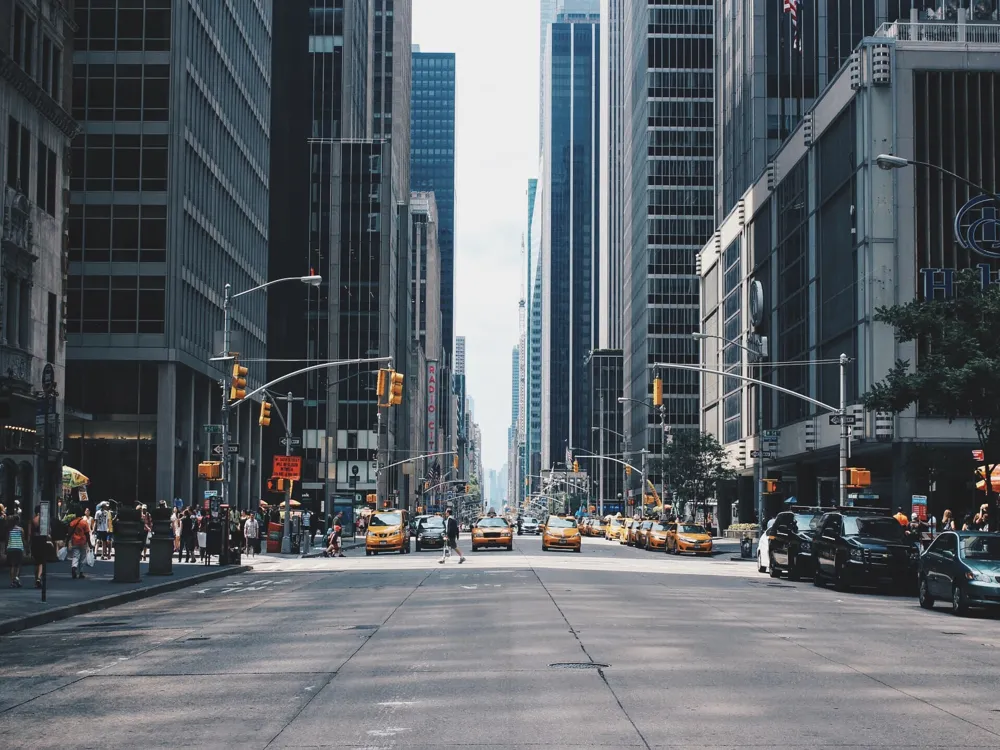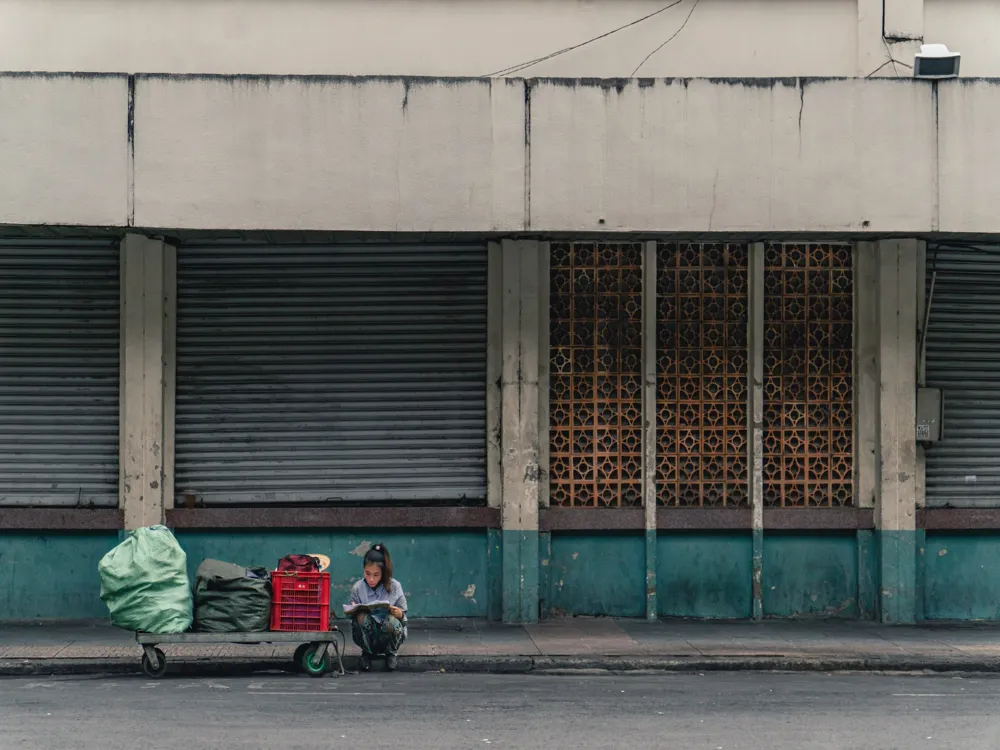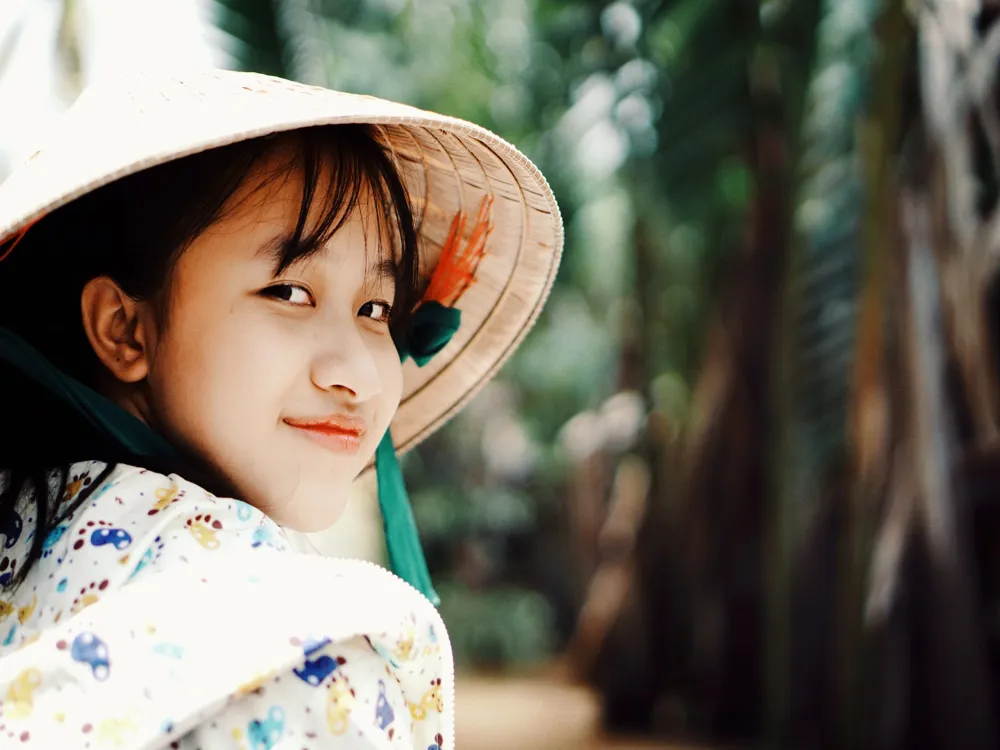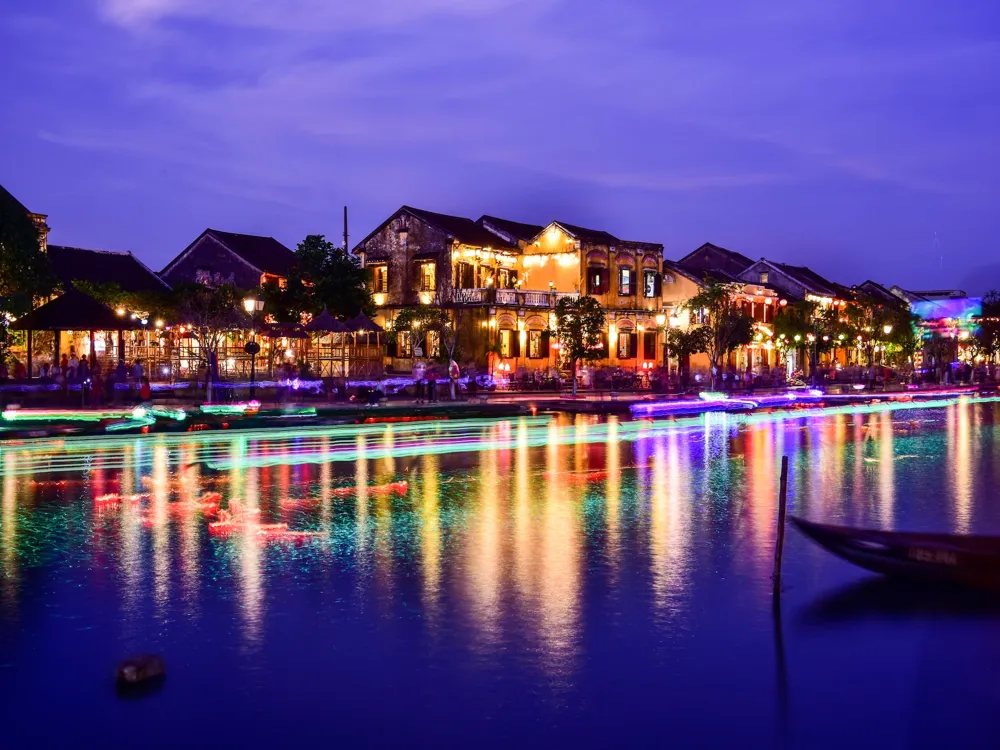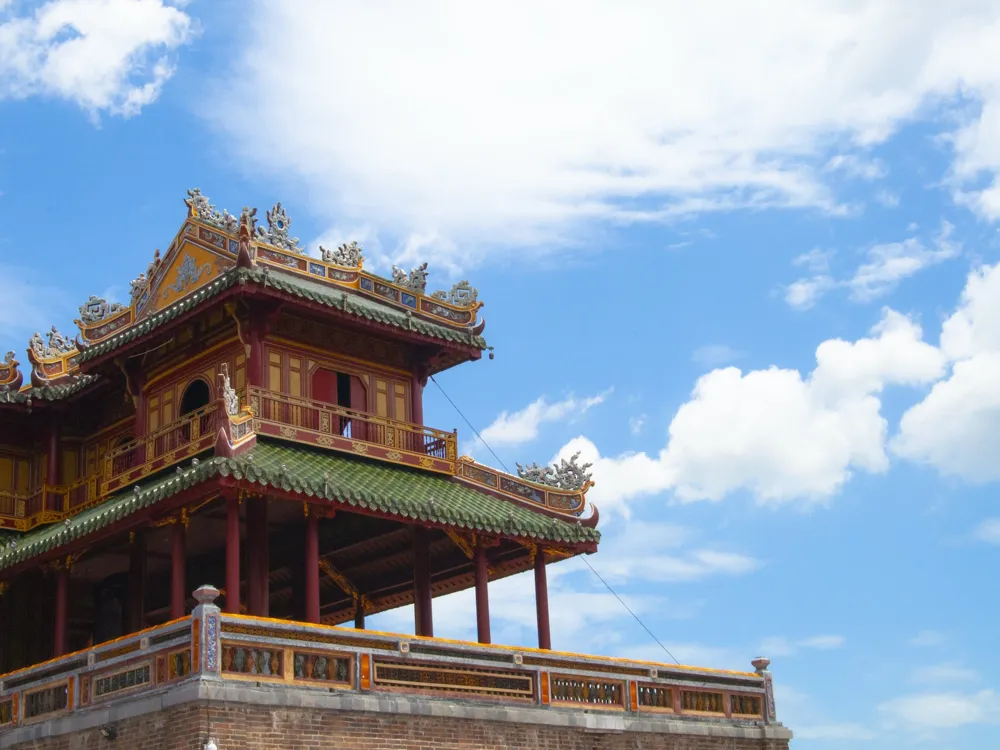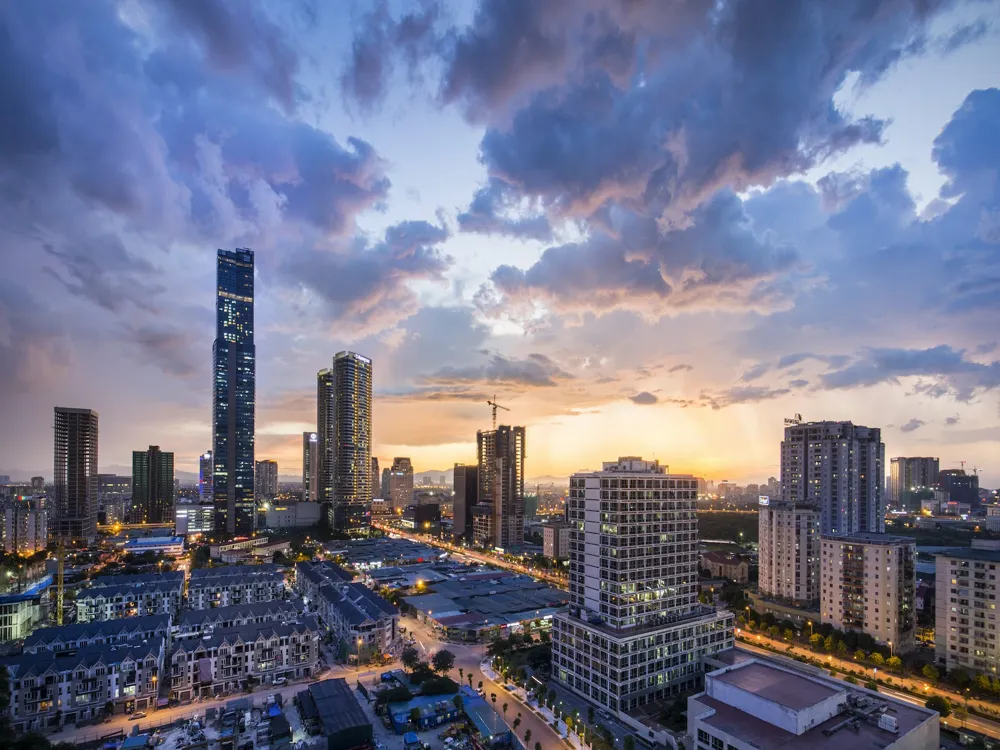Nestled in the bustling heart of Ho Chi Minh City, Chantaransey Pagoda stands as a beacon of tranquility and spiritual heritage. This exquisite pagoda, a hidden gem amidst the urban sprawl, is not just a place of worship but a testament to the rich cultural tapestry of Vietnam. It represents a harmonious blend of historical reverence and contemporary relevance, making it a must-visit destination for both locals and tourists alike. In this comprehensive overview, we delve deep into the history, significance, and allure of Chantaransey Pagoda, unraveling its myst and highlighting its unique place in the heart of Ho Chi Minh City. The history of Chantaransey Pagoda is as fascinating as its architecture. Dating back several centuries, it has witnessed the evolution of Ho Chi Minh City from a small fishing village to a bustling metropolis. Originally established by the Khmer community, who have a significant presence in the region, the pagoda has served as a spiritual haven and a center for cultural preservation. Over the years, it has become a melting pot of diverse cultural influences, embodying the spirit of inclusivity and religious harmony that characterizes Vietnam's social fabric. The architecture of Chantaransey Pagoda is a stunning showcase of traditional Vietnamese design infused with hints of Khmer and Chinese influences. The intricate carvings, ornate statues, and the vibrant color scheme are a visual treat, reflecting the artistic prowess and spiritual depth of its creators. Each element of the pagoda, from the towering spire to the delicate lotus motifs, tells a story of devotion, artistry, and historical continuity. Chantaransey Pagoda is not just an architectural marvel; it's a living center of cultural and religious activities. Throughout the year, the pagoda hosts various festivals and ceremonies, drawing in crowds who come to seek blessings, learn about Buddhism, and experience the vibrant community life. The pagoda also plays a crucial role in preserving the unique traditions and rituals of the Khmer community, serving as a bridge between past and present. The architecture of Chantaransey Pagoda is a magnificent representation of Vietnam's diverse cultural heritage. Blending elements from various architectural traditions, the pagoda stands as a symbol of the country's rich history and artistic excellence. This detailed exploration of its architecture will take you on a journey through its majestic structures, intricate designs, and the symbolic meanings embedded within them, offering a deeper understanding of this remarkable landmark. Chantaransey Pagoda's architecture is a harmonious fusion of Vietnamese, Khmer, and Chinese influences. This blend is evident in its layout, structural design, and decorative elements. The pagoda's overall structure follows the traditional Vietnamese pagoda style, with a multi-tiered roof and curved eaves, while incorporating Khmer elements such as the lotus-inspired motifs and stupas. Chinese influence is visible in the intricate dragon carvings and the use of vibrant colors that adorn the walls and ceilings. The design of Chantaransey Pagoda is rich in symbolism and artistic detail. Every aspect, from the grand entrance gate to the inner sanctum, is crafted with precision and meaning. The pagoda is adorned with detailed carvings of mythical creatures, each symbolizing different aspects of Buddhist teachings. The use of color in the pagoda is also symbolic, with red representing happiness and gold signifying purity and enlightenment. The layout of Chantaransey Pagoda is strategically designed to facilitate both worship and contemplation. The central hall, where the main deity is enshrined, is the focal point. Surrounding this are various smaller shrines and meditation halls, each serving a specific purpose. The pagoda's structure is built to withstand the tropical climate of Vietnam, with ventilation and natural lighting playing a key role in its design. When visiting Chantaransey Pagoda, it's important to respect the local customs and traditions. Dress modestly, covering shoulders and knees, and remove shoes before entering the sacred areas. It's also recommended to speak softly and maintain a peaceful demeanor within the pagoda premises. The ideal time to visit Chantaransey Pagoda is early in the morning or late in the afternoon to avoid the heat and the crowds. Visiting during a festival can be a unique experience, but expect larger crowds and a more bustling atmosphere. Photography is generally allowed in Chantaransey Pagoda, but it's respectful to avoid taking pictures during prayer or ceremony times. Always ask for permission before photographing monks or worshippers. Chantaransey Pagoda is easily accessible from various parts of Ho Chi Minh City. You can take a taxi or a ride-hailing service directly to the pagoda. For those preferring public transport, several bus routes pass near the pagoda, offering a convenient and affordable option. Additionally, for tourists staying in central districts, a pleasant walk or a short bike ride can be a great way to reach the pagoda while experiencing the city's vibrant streets. Read MoreOverview of Chantaransey Pagoda in Ho Chi Minh City
The Historical Significance of Chantaransey Pagoda
The Architectural Marvel of Chantaransey Pagoda
Exploring the Cultural and Religious Aspects
Architecture of Chantaransey Pagoda
The Fusion of Architectural Influences
The Intricacy of Design and Symbolism
The Layout and Structural Elements
Tips When Visiting Chantaransey Pagoda
Understanding Cultural Etiquette
Best Times to Visit
Photography Guidelines
How To Reach Chantaransey Pagoda
Chantaransey Pagoda
Ho Chi Minh City
₹ 17,501 onwards
View ho-chi-minh-city Packages
Ho-chi-minh-city Travel Packages
View All Packages For Ho-chi-minh-city
Top Hotel Collections for Ho-chi-minh-city

Private Pool

Luxury Hotels

5-Star Hotels

Pet Friendly
Top Hotels Near Ho-chi-minh-city
Other Top Ranking Places In Ho-chi-minh-city
View All Places To Visit In ho-chi-minh-city
View ho-chi-minh-city Packages
Ho-chi-minh-city Travel Packages
View All Packages For Ho-chi-minh-city
Top Hotel Collections for Ho-chi-minh-city

Private Pool

Luxury Hotels

5-Star Hotels

Pet Friendly







